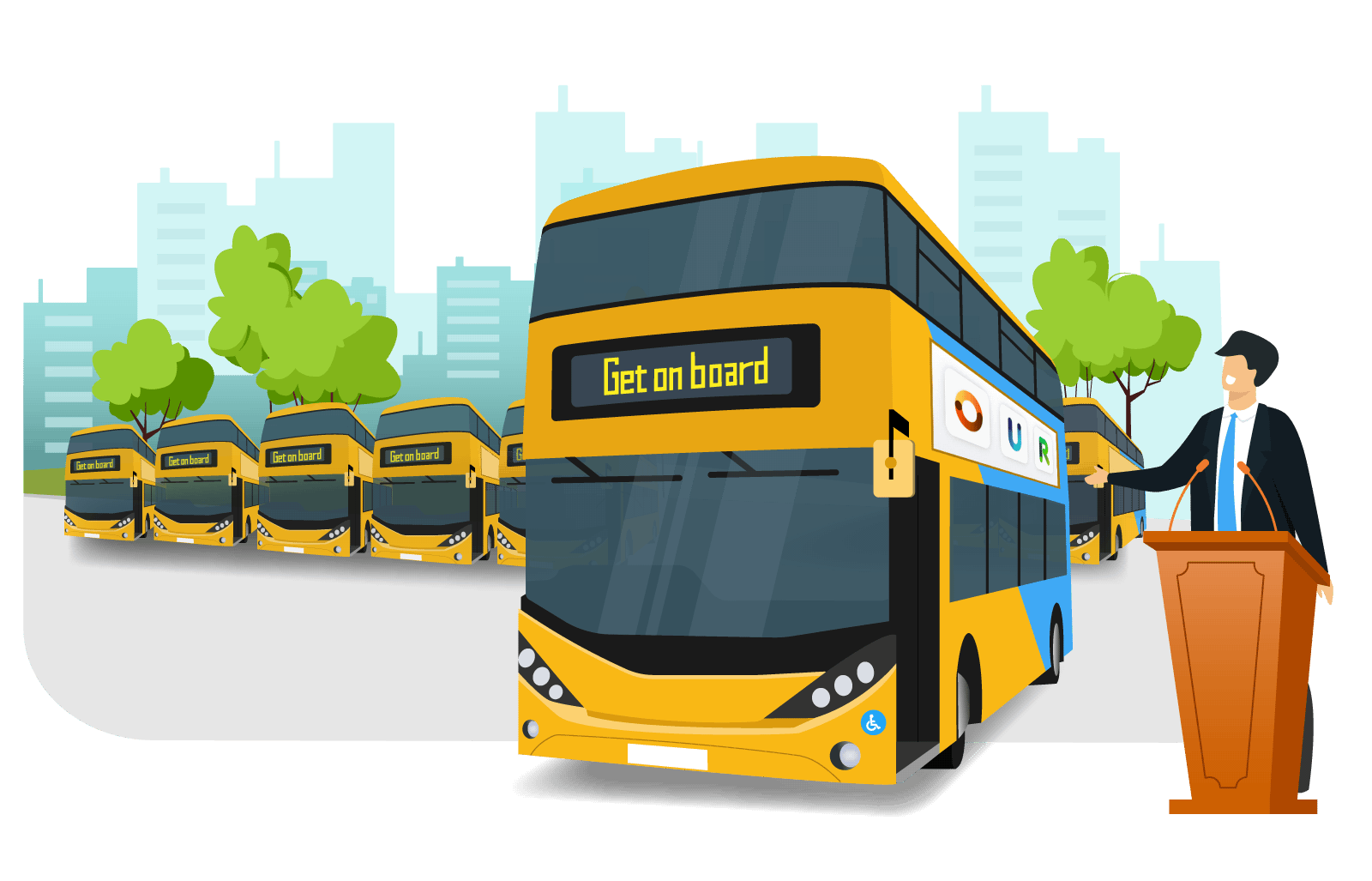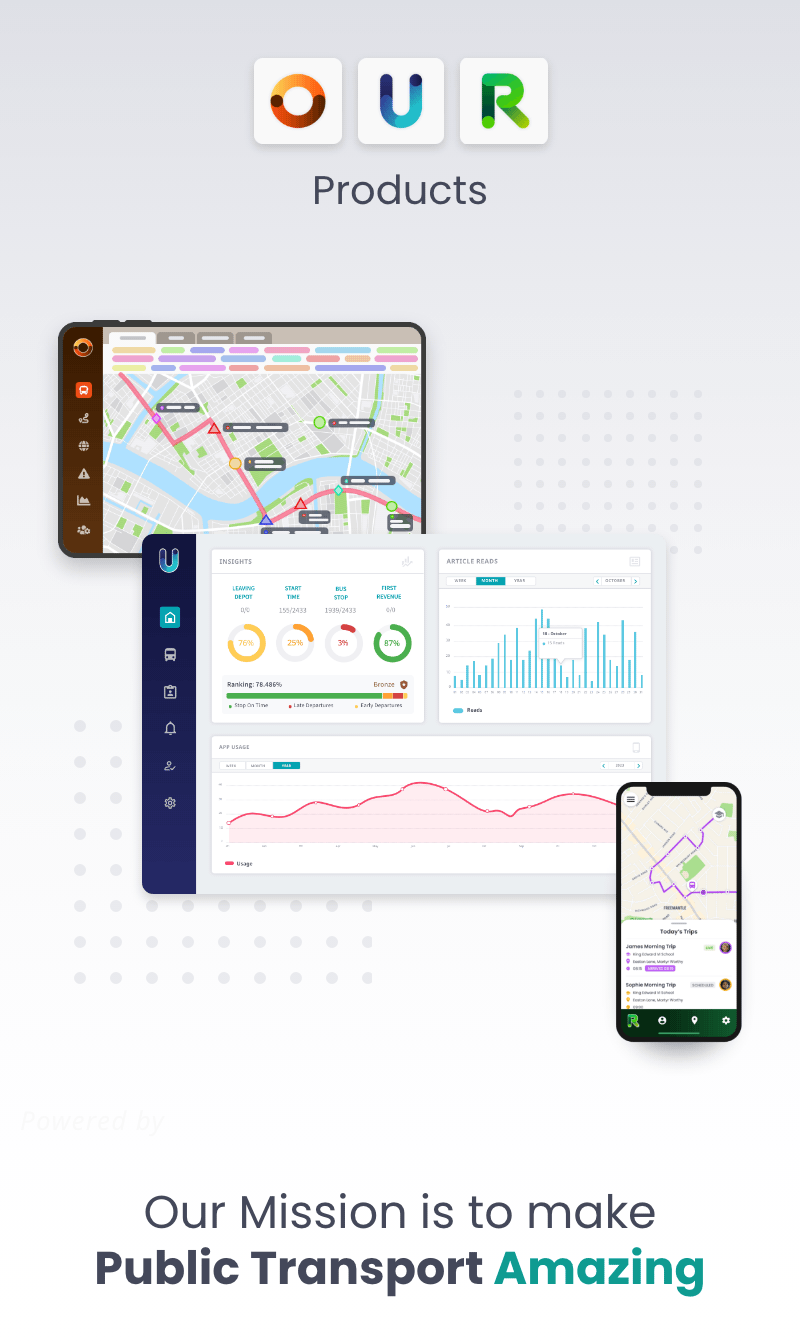Now that the dust has finally settled on the Mayoral elections across the UK, it is probably a good time to stop and reflect on just what these results mean for the future of the bus industry across England. There is no doubt that the landscape is about to change dramatically. In the West Midlands, the result was the removal of the incumbent mayor Mr. Andy Street, who had previously served two terms of office and was expected to serve a third, but no it was not to be. By the tightest of margins he was beaten by less than 1,500 votes by the Labour candidate Richard Parker, who almost immediately declared his desire to franchise the bus network across the West Midlands, which he described like this:
“Our bus network is broken and that is why we want to take back public control so that it serves the people, communities, and businesses who rely on regular, affordable, and reliable bus services.”
There is no denying his intentions. Along with the other metro mayors – ten in total, six of whom were re-elected – only Andy Street lost his position. Additionally, three new mayors were elected in regions that previously did not have a combined local authority: North Yorkshire, the North East, and York and North Yorkshire. This represents 44% of the UK’s population with 25 million souls. Interestingly, out of the ten mayors, 8 have stated that they will bring the buses back under the control of the local authorities.
The speed of transition will be swift; no doubt lessons have been learned from the Manchester franchising experience, and the Labour party has stated that if they win the next election they will make the process easier and swifter for the mayors to instil the process of franchising. The Liverpool mayor Steve Rotherham has pledged that the whole network will be up and running by the end of 2027, which given the various processes that need navigating, is actually pretty quick. So, what will the UK bus network look like? There will clearly be winners and losers. First Bus were the losers in Manchester and indeed as the areas roll out their own franchise plans it will be up to commercial bus companies to pitch for their share of the bus pie. And it is not just about the price, it is also about the quality, investment, and various whistles and bells that they will offer.
Interestingly, the truth is that some of the decisions taken to award franchises are quite subjective and as witnessed in Manchester, the margins are very narrow between success and failure. However, the networks, frequencies, and fares will all be established by the local combined authorities, the emphasis very much on the bus network being used for social inclusion and no longer for the shareholder and their dividend. With the best will in the world you can design the best network with the cheapest fares, but if you do not supply a workable infrastructure to make sure that the network can operate reliably, then it is doomed to fail, and politically that is not acceptable.
The facts are that since the pandemic, bus companies have struggled hard to generate pre-pandemic revenues. The result is that the local authorities have therefore had to subsidise the bus companies to retain network levels and keep fares low. The alternative is that if not, bus companies will have no option but to put up the fares considerably or/and slash the networks, none of which works for the operator or the passenger. However, the real truth is that actually if the mayors are going to make these dreams a reality, then we need to persuade people out of the car and onto the bus. Encouragingly, there is evidence that people are a lot more amenable to the transfer from car to bus, if the proposition is attractive enough. So, frequency, reliability, and cost are all key factors. The effect of global warming, and zero emissions is seriously impacting on drivers’ decision making. But, and this is the key, the mayors will need to make sure that the whole package will need delivering, the whole jigsaw puzzle needs building. If there are any missing pieces then sadly it is not going to work. As ever, time will tell, but there is no doubt that whatever happens, the bus industry will rise to the challenge. Mayors will come and mayors will go, but the wheels on the bus will keep going round and round.

Written by Austin Birks








